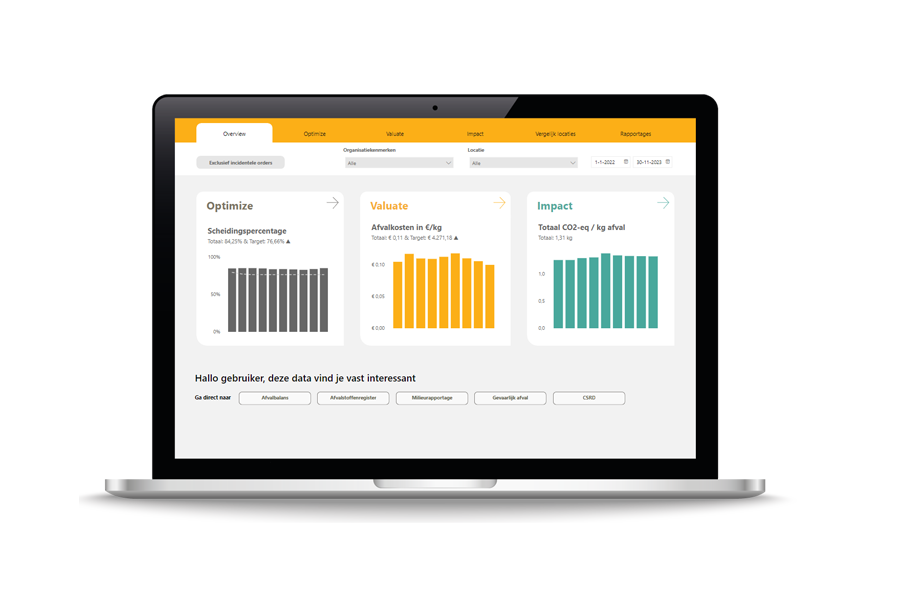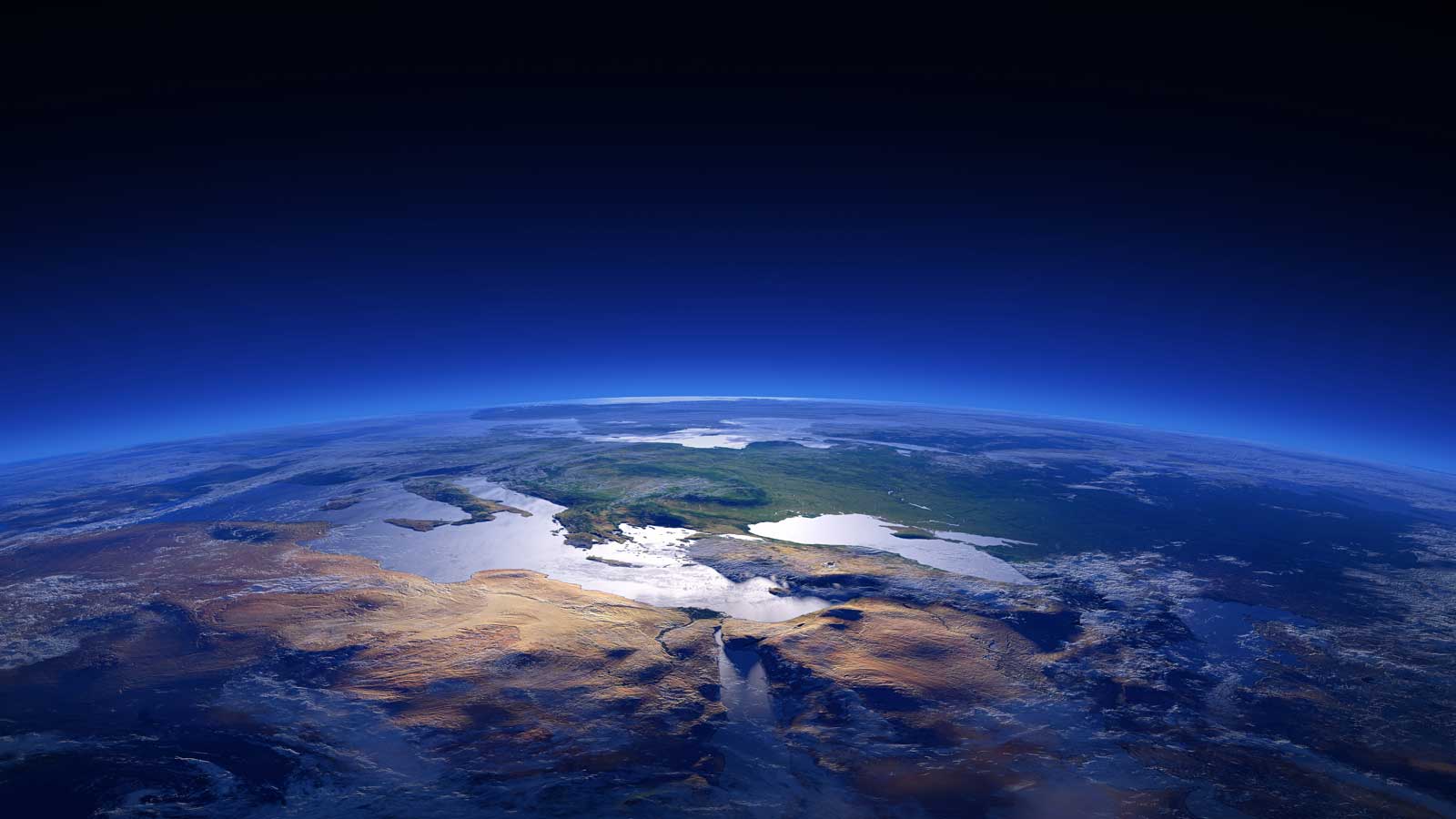The Sociaal Cultureel Planbureau published the report "Contemporary Inequality" on class differences in the Netherlands in early March. The study distinguished four types of capital that the average Dutchman possesses: economic, cultural, social and personal capital. That comparative reports are built on more than just economic capital is an approach that Milgro welcomes wholeheartedly. After all, we have been using this tactic for several years for companies
Just as the SCP distinguishes different types of capital for people, we believe that companies should also pay attention to different forms of capital. The new CSRD legislation already requires organizations to report on their impact on environmental and social capital. In this blog, we want to talk about that environmental capital, which we call natural capital.
What is natural capital?
The planet with all its resources constitutes our natural capital. The soil, flora, raw materials and energy sources, all are equally precious. Milgro is committed to preserving this. By integrating the management of natural capital into our business operations, we do not deplete the earth. With a good plan and clear strategy, we prevent precious resources from disappearing as waste.
The importance of understanding your natural capital
Together, we use too many resources. In the West alone about 20,000 kilograms per person. The impact on the capacity of our earth is enormous. Doing nothing is not an option because the increasingly scarce raw materials involve great risks. For the earth, but also for the continuity of your business operations. Therefore, it is both ecologically and economically smart to deploy Natural Capital Management.

What is Natural Capital Management?
A residual stream for one, forms a raw material for another. Natural Capital Management involves directing the use and deployment of these resources. The goal? Together creating less and less waste. And making the waste streams that do exist cleaner and cleaner.
Natural Capital Management gives you insight into your consumption of raw materials. You help to reduce the risks of finite resources by using raw materials over and over again. Preferably infinitely! In this way, together we prevent the earth from becoming depleted, with a truly circular economy..
Stay informed
Would you like to learn more about Natural Capital Management? How measuring natural capital affects your operations? And how Milgro can help you boost the resource transition? Read more here or follow us on LinkedIn.









